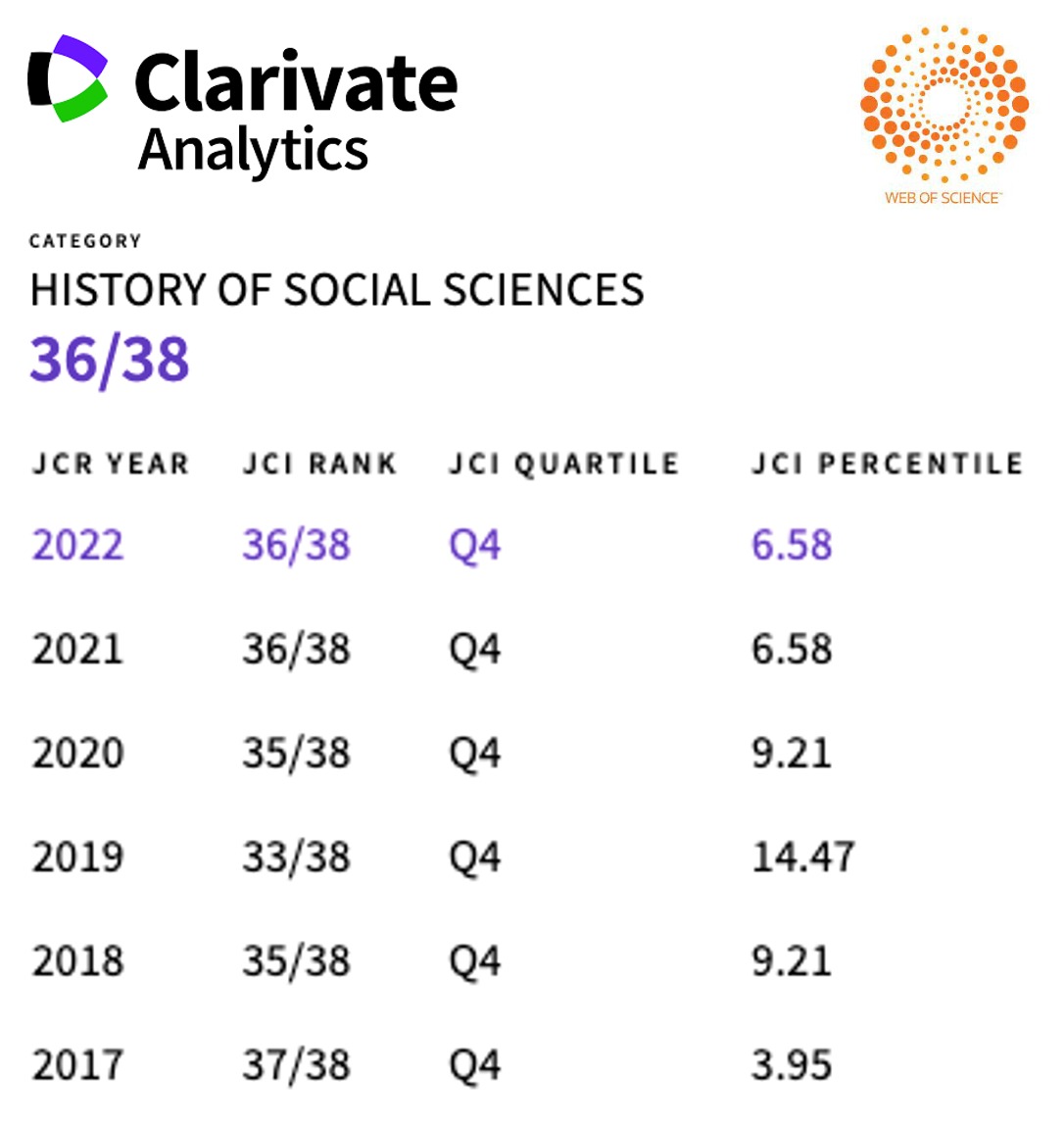Does Culture Matter in Economic Behavior?
Downloads
Abstract
In this article we address the following question: does culture play a role in economic behavior? We conclude that culture influences economic behavior in all three areas of economic activity: work, consumption, and leisure. Our proof lies not so much in replicating certain experimental results, but in documenting in real-world circumstances how culture influences economic behavior. Attention to the role of culture in economic affairs acknowledges that humans are more than the one-dimensional, autonomous, individuals, as premised in mainstream economics, whose very existence is temporal, whose role in economic affairs is strictly instrumental, and whose behavior is virtually the same across cultures. We have argued that humans are two-dimensional twice over. First, humans are individual beings and social beings: solitary and communal, self-made and culture-bound, autonomous and dependent, rational and emotional, self-centered and other-centered. Second, humans are both matter and spirit. The duality of the human person, rooted in individuality and sociality, affords an opportunity to unify economic theory wherein individuality is the focus of microeconomics and sociality is the center of macroeconomics. Putting the isolated individual at the very heart of economics closes down that opportunity and assures that mainstream economic theory will remain truncated indefinitely. The makeover of mainstream economics will take place once neo-classical economists accept that the ultimate end of economic systems relates not to maximum personal net advantage but to integral human development.Downloads
Download data is not yet available.
Downloads
Published
2016-02-22
Almetric
Dimensions
How to Cite
O’Boyle, E. (2016). Does Culture Matter in Economic Behavior?. Social and Education History, 5(1), 52–82. https://doi.org/10.17583/hse.2016.1796
Issue
Section
Articles
License
All articles are published under Creative Commons copyright (CC BY). Authors hold the copyright and retain publishing rights without restrictions, but authors allow anyone to download, reuse, reprint, modify, distribute, and/or copy articles as the original source is cited.
.

















